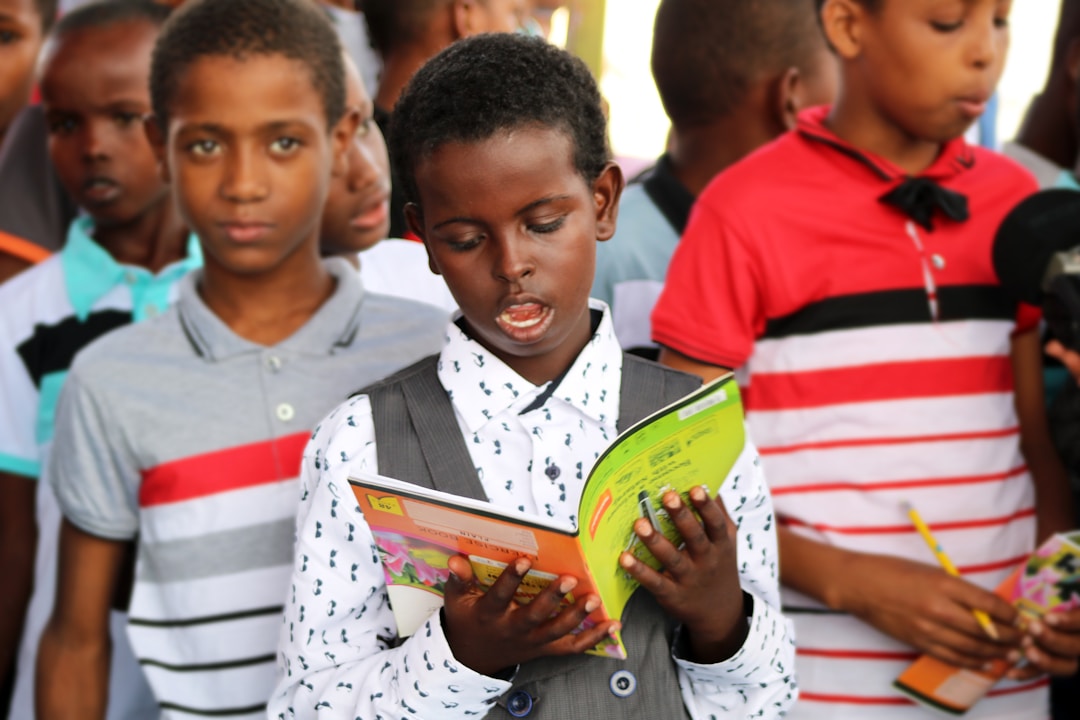Watching children struggle with mental illness, issues at school, substance abuse, or a rough patch can be difficult for parents or caregivers. The great news is that there are many options for young people when it comes to the treatment of mental health conditions. Whether a child you love is struggling with behavior or needs a therapist to get them through a difficult situation, it’s important to understand a few basic therapeutic approaches out there. For a closer look at three therapeutic approaches for youth, read on.
1. Behavioral Therapy

If your child is experiencing behavioral challenges and getting into trouble at school, a great place to start is by having your child see a behavioral therapist. These licensed professionals use behavioral therapy modalities including applied behavioral analysis techniques like those taught at the University of Cincinnati. Through dialectical behavior therapy and a combination of other therapeutic tools, behavioral therapists can not only help to solve your child’s behavior problems but also offer them tools and life skills to deal with emotional problems and more.
Behavioral therapists can work with your child in individual therapy sessions, group setting, or centers that provide supportive environments for struggling youth. Talking to your child’s pediatrician about your child’s specific behavior problems and asking for a referral to a behavioral therapist is a great way to start exploring service providers who could work for you.
2. Residential Programs

For children with mental health diagnoses, substance abuse issues, or more difficult challenges, the best plan might include enrolling your child into one of many youth residential programs aimed at helping them to untangle emotional issues and learn coping skills.
Many parents struggle with the idea of sending a child to a residential program in fear that their child won’t do well away from home. The reality is that many children thrive in these supportive environments packed with adolescent psychiatrists, trained psychologists, and peers who understand what they’re going through. If putting your child in a temporary placement is something you’re struggling with, consider reaching out to a teen rehab or residential center and talking with intake staff about options for a partial hospitalization program or learning about ways you could be involved in treatment including family therapy sessions and visits.
3. Family Therapy

A child is part of a bigger system. Whether an only child or one of many siblings, your child and other children might benefit from family therapy with a trained MFT. For kids struggling with relationships and family conflicts, family therapy can be extremely helpful in identifying and changing communication patterns that can lead to conflict and misunderstanding. In fact, you might be surprised how quickly your family’s running smoother after a session or two with a group leader trained in group and family dynamics.
Regardless of how you go about getting help for your child, the best thing you can do is let them know they always have your unconditional love and support. Remind your child that they are never alone and that you believe in them. When possible and age-appropriate, include your child in decisions around their mental health. For example, a 17-year-old with ADHD might have strong feelings about whether or not they believe they need medication whereas a six-year-old wouldn’t be old enough to know. Including kids where you can help them to see you trust their instincts and believe in them, which is something that adds up to self-esteem and their ability to believe in themselves.
At the end of the day, the best thing you can do to support any child is to get them the help they need for any issue they might be going through. In working with a professional and letting them know you care, you’ll help them move into the future with the best resources possible.








